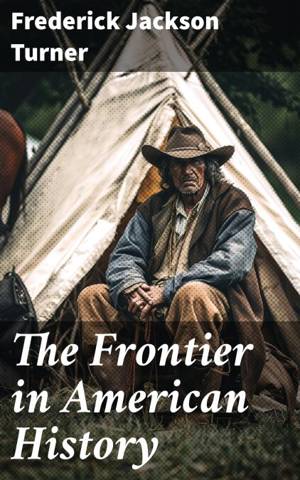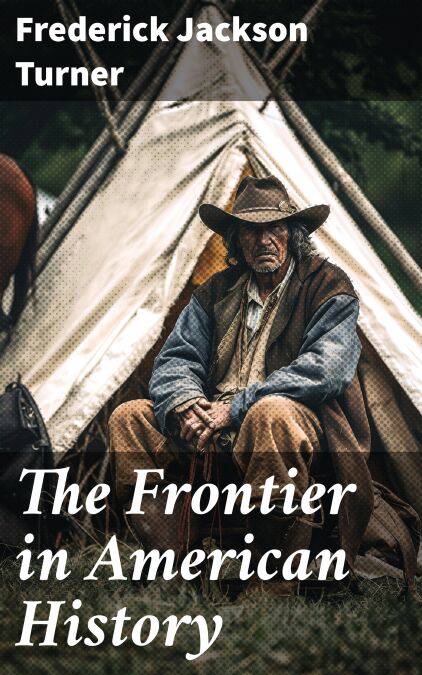
- Retrait gratuit dans votre magasin Club
- 7.000.000 titres dans notre catalogue
- Payer en toute sécurité
- Toujours un magasin près de chez vous
- Retrait gratuit dans votre magasin Club
- 7.000.0000 titres dans notre catalogue
- Payer en toute sécurité
- Toujours un magasin près de chez vous
The Frontier in American History EBOOK
Shaping America's Identity Through the Frontier Experience
Frederick Jackson Turner
Ebook | Anglais
1,99 €
+ 1 points
Format
Description
In "The Frontier in American History," Frederick Jackson Turner presents a groundbreaking analysis of the role the American frontier played in shaping the nation's identity. Written in 1893, this seminal work employs a blend of narrative history and rigorous analysis, arguing that the continuous westward expansion fostered democracy, individualism, and a unique national character. Turner posits that the frontier experience was a major catalyst for American innovation and social development, positioning the landscape as a dynamic 'safety valve' for social tensions and a transformative pressure on cultural norms. His text marked a pivotal point in historiography, igniting discussions on American exceptionalism and the historical relevance of the frontier mythos in shaping the collective psyche of the United States. Turner, an influential historian of the late 19th and early 20th centuries, was deeply immersed in the themes of Westward expansion and American identity. His upbringing in the Midwest and exposure to the vast American landscape profoundly impacted his perceptions of cultural evolution. His presentation of the frontier thesis challenged the prevailing Eurocentric views of history, thus laying the groundwork for subsequent scholarship in American history, geography, and sociology. Turner's insights reflect not only his academic prowess but also his investment in the American narrative and its implications for national identity. For readers seeking a deeper understanding of the American experience, Turner'Äôs work is indispensable. Its insightful exploration of the frontier's impact on democracy and culture offers vital perspectives relevant to contemporary discussions about identity and land in the U.S. This text is essential for historians, students, and anyone interested in the intricate weave of American history, and it ultimately becomes a lens through which we can assess both the past and the future of the nation.
Spécifications
Parties prenantes
- Auteur(s) :
- Editeur:
Contenu
- Nombre de pages :
- 273
- Langue:
- Anglais
Caractéristiques
- EAN:
- 8596547778523
- Date de parution :
- 14-12-23
- Format:
- Ebook
- Protection digitale:
- Digital watermarking
- Format numérique:
- ePub

Les avis
Nous publions uniquement les avis qui respectent les conditions requises. Consultez nos conditions pour les avis.






